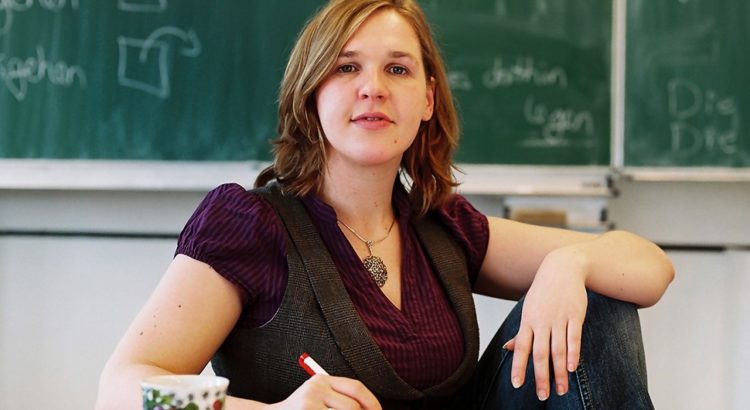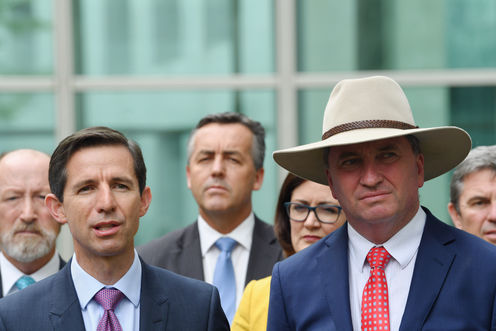Europa/Alemania/PrensaIE
En un comunicado conjunto publicado el 10 de septiembre, la Gewerkschaft Erziehung und Wissenschaft (GEW) y la Verband Bildung und Erziehung (VBE) exigen una mayor inversión en la formación docente, de modo que pueda ampliarse y mejorarse cuantitativa y cualitativamente. Además, la Conferencia Nacional de Ministros de Educación (KMK) y los Länder (regiones) deberían dar más importancia al desarrollo profesional docente .
VBE: gran carga de trabajo para los docentes sin compensar con apoyo de políticas y capacitación
«La integración, la inclusión y la digitalización suponen una gran carga para los docentes, una carga con la que solo pueden lidiar si pueden tener una preparación de calidad. El compromiso del maestro y la motivación por sí solos no son suficientes «, advirtió Udo Beckmann, presidente federal de VBE.
Agregando que se requiere voluntad política para que los maestros finalmente obtengan suficiente apoyo, él insistió en que «no puede ser que las expectativas sean más altas y más altas para los profesores mientras se les niega el apoyo de capacitación necesario».
La Asociación Alemana para la Promoción de la Formación del Profesorado (DVLfB), en una evaluación exhaustiva, ha descubierto que la formación profesional de docentes está enormemente desfinanciada.
GEW: el acceso a la formación en el servicio docente debe proporcionarse y planearse cuidadosamente
Las inversiones en esta área han disminuido significativamente en los últimos años. «Para mejorar la calidad de la educación, no solo se considera la nueva generación de estudiantes docentes y la capacitación inicial, mientras se descuida al personal docente que ya trabaja en las escuelas», enfatizó Ilka Hoffmann, miembro de la junta de GEW, responsable de la política escolar.
«Hay muy poco apoyo a través de la capacitación específica en el servicio», señaló, destacando que se necesita un número fijo de días para la capacitación en el servicio.
De acuerdo con la evaluación DVLfB, la formación profesional permanente de los docentes está poco adaptada a los desafíos que las escuelas enfrentan actualmente. Hay una falta de disponibilidad, formatos de capacitación sostenibles, estructuras y personal.
Beckmann dejó en claro que la planificación de la capacitación profesional también debe cambiar: «Cuando una escuela tiene el 100 por ciento de sus maestros comprometidos con el aula, las sesiones de capacitación deben planificarse cuidadosamente. Para asegurar que todos los maestros puedan seguir la capacitación de los maestros, se deben hacer las modificaciones apropiadas a los horarios y horarios para permitir la participación «.
Recomendaciones para una mejor formación docente
VBE y GEW apoyan las acciones recomendadas por DVLfB, llamando a la conferencia nacional (KMK) y a los ministerios de educación a:
• Lograr la transparencia y permitir la comparación de los programas de capacitación docente a través de informes periódicos de acuerdo con criterios bien definidos;
• Participar en la cooperación interregional, por ejemplo, para desarrollar formatos sostenibles y procedimientos de evaluación significativos;
• Registre sistemáticamente las necesidades de capacitación mediante preguntas dirigidas al personal docente y el uso de datos existentes, como los planes de capacitación escolar o los resultados de las inspecciones escolares;
• Adoptar medidas para el desarrollo de la calidad; y
• Detener las reducciones de recursos; alinear los recursos con el desarrollo del gasto para el sistema escolar estatal.









 Users Today : 29
Users Today : 29 Total Users : 35460292
Total Users : 35460292 Views Today : 39
Views Today : 39 Total views : 3419007
Total views : 3419007